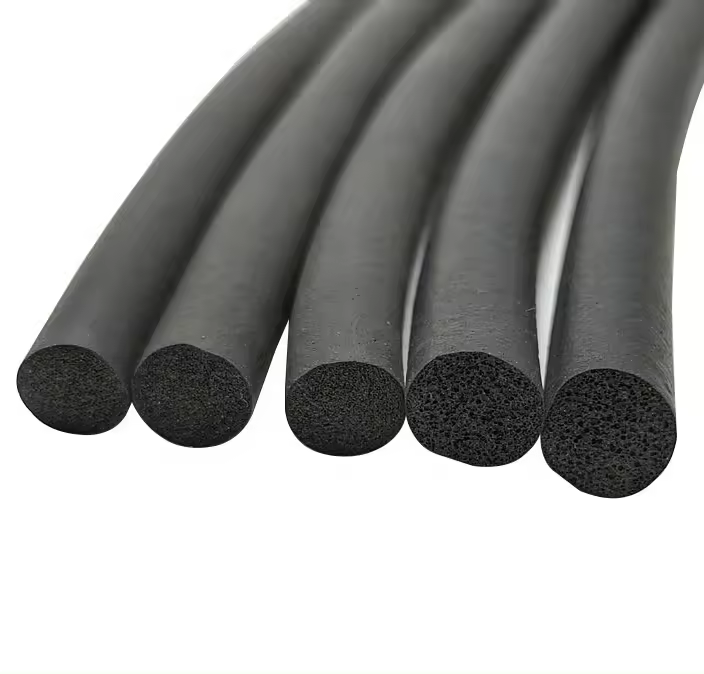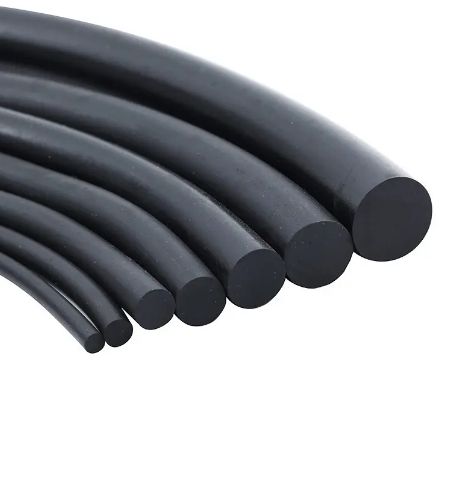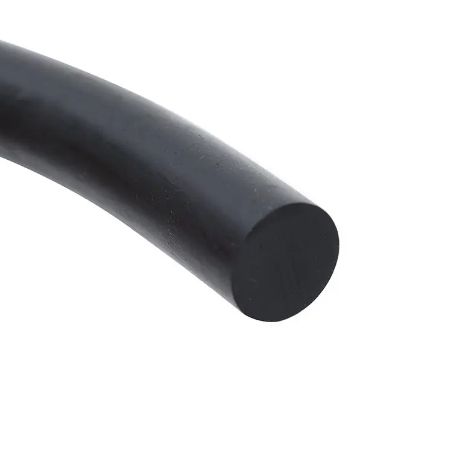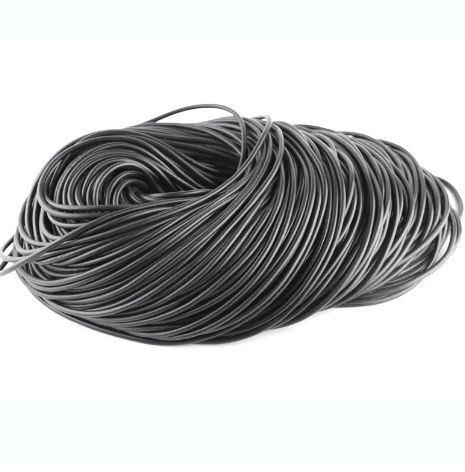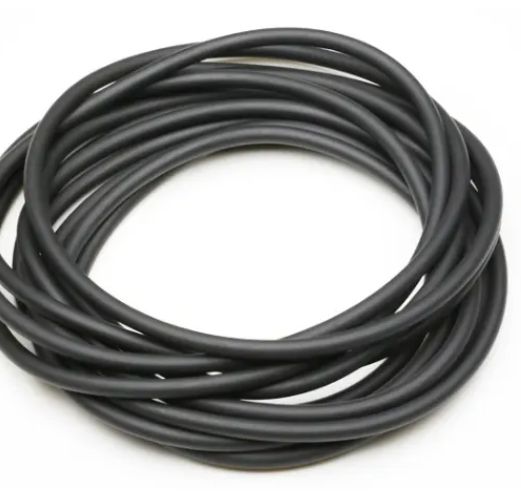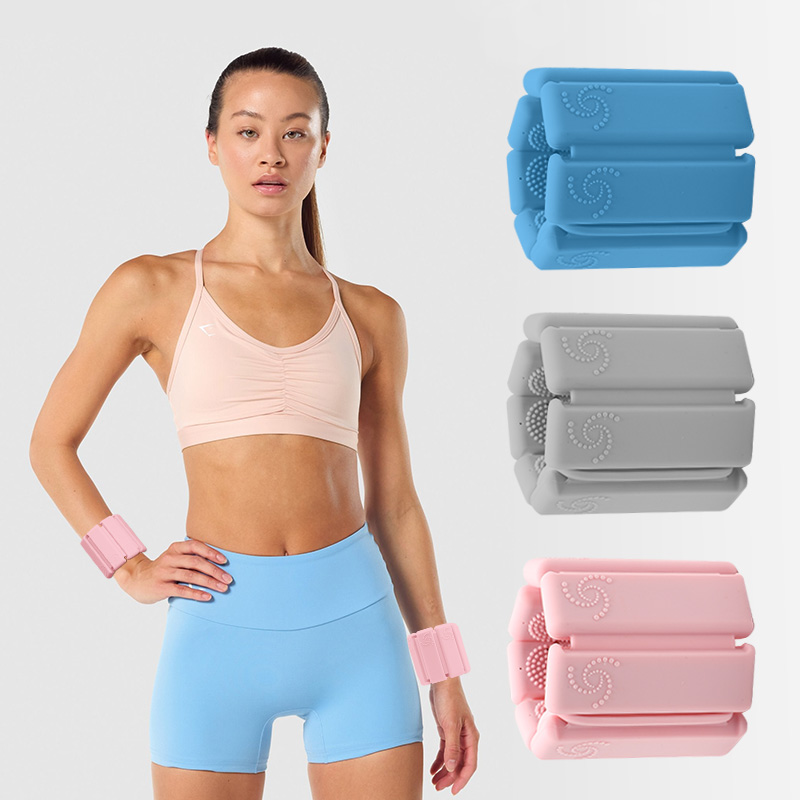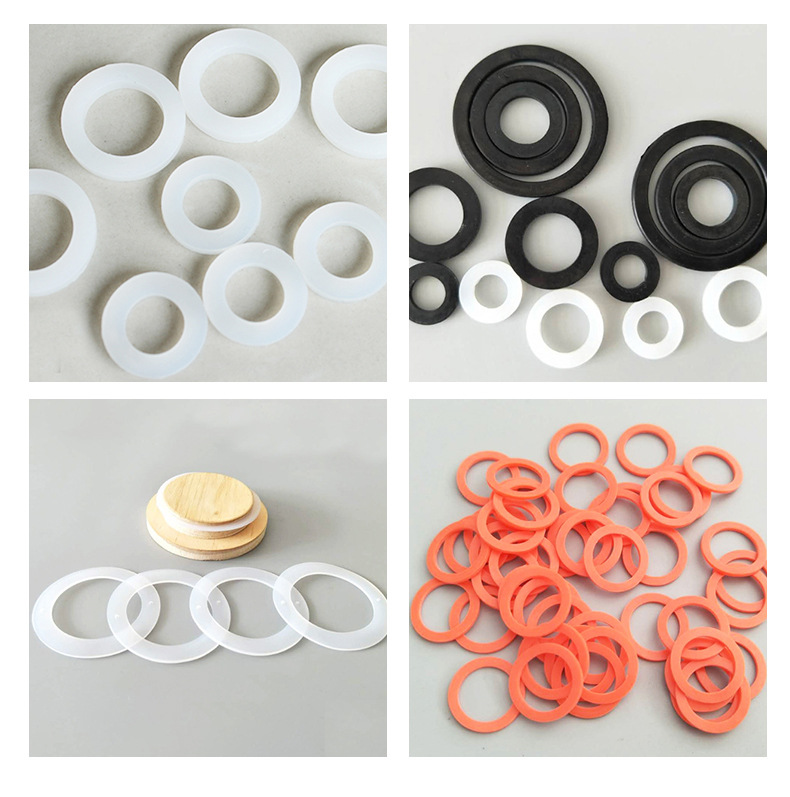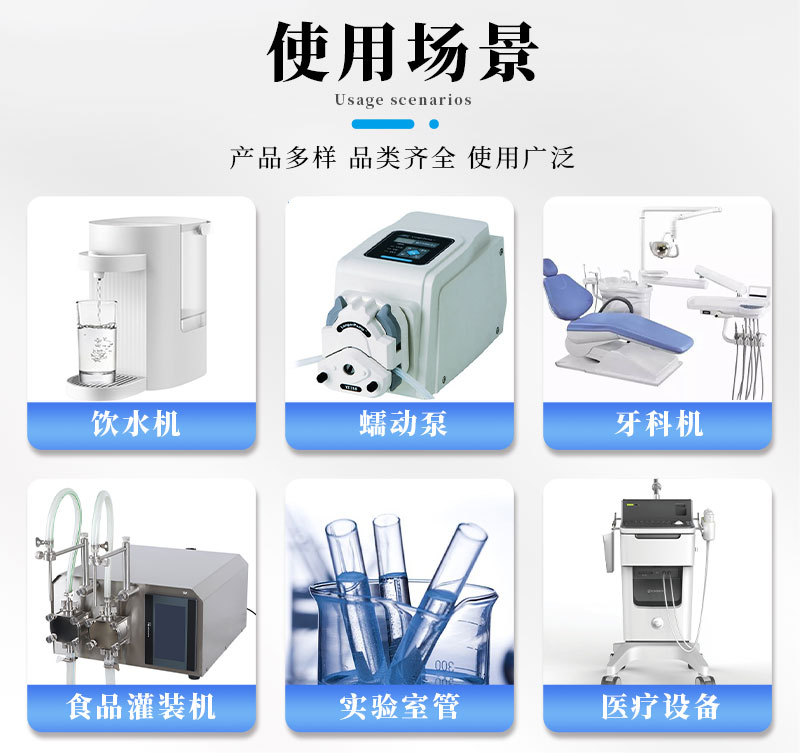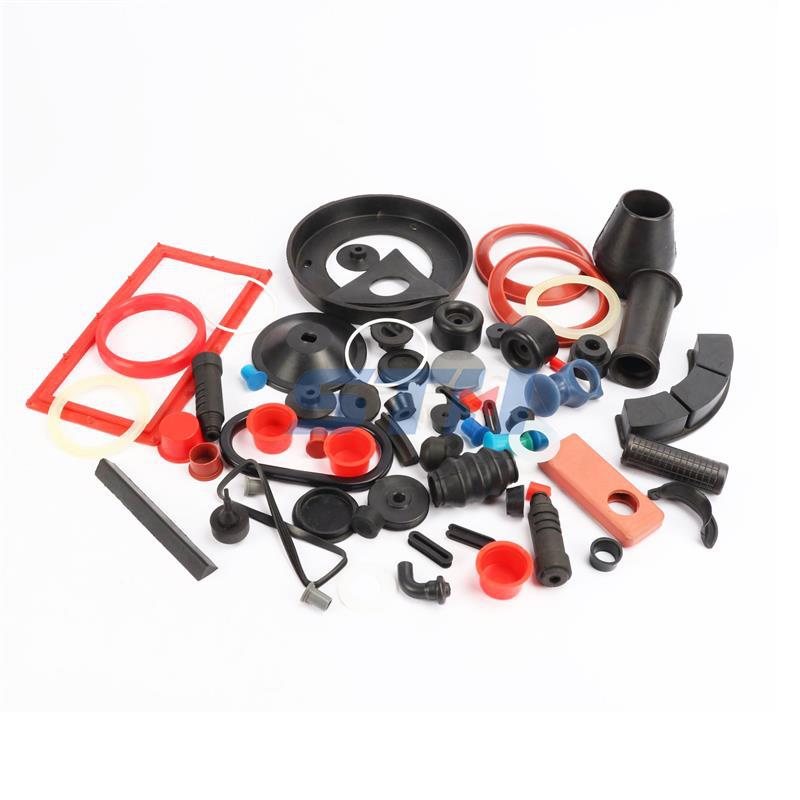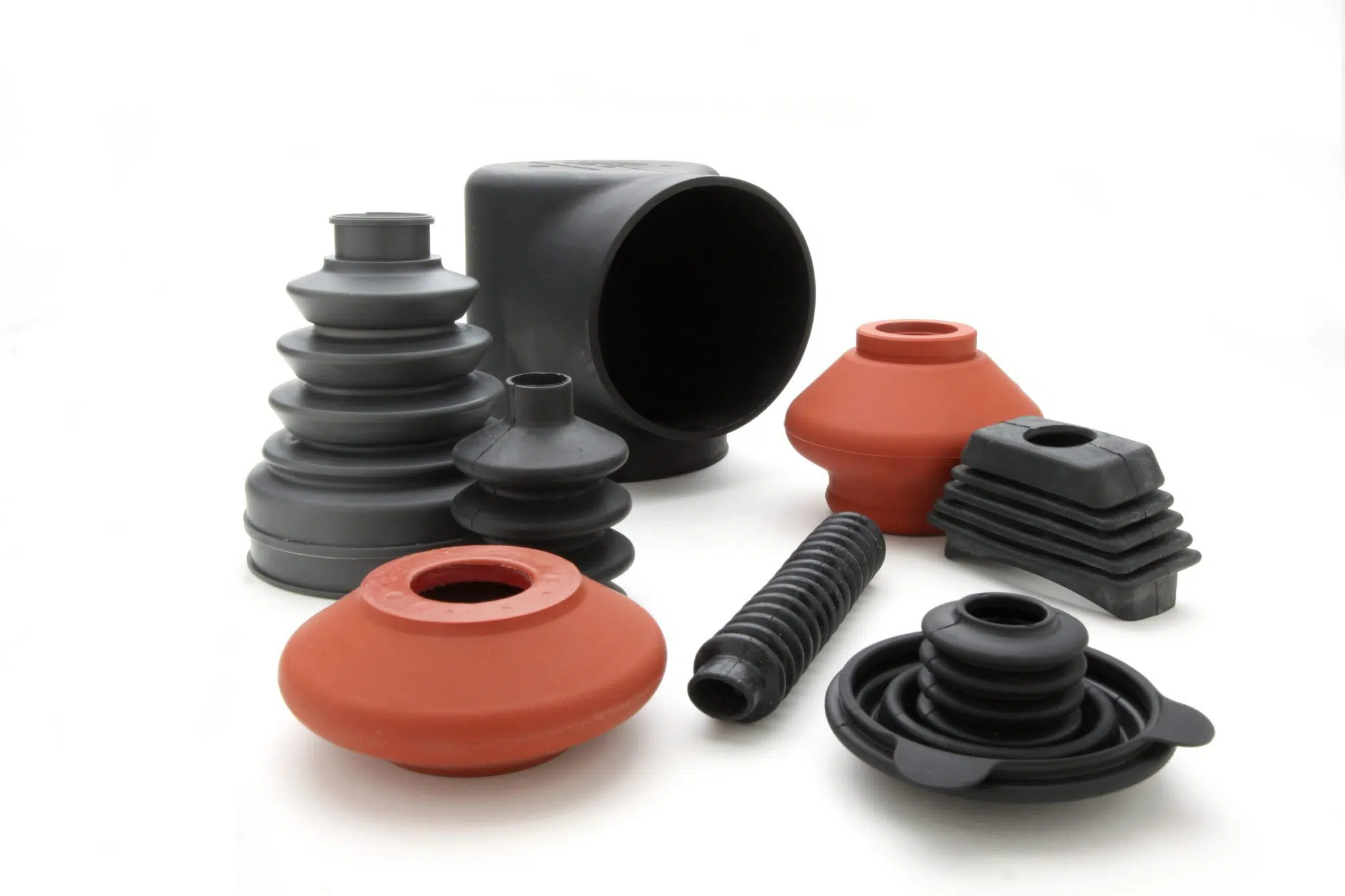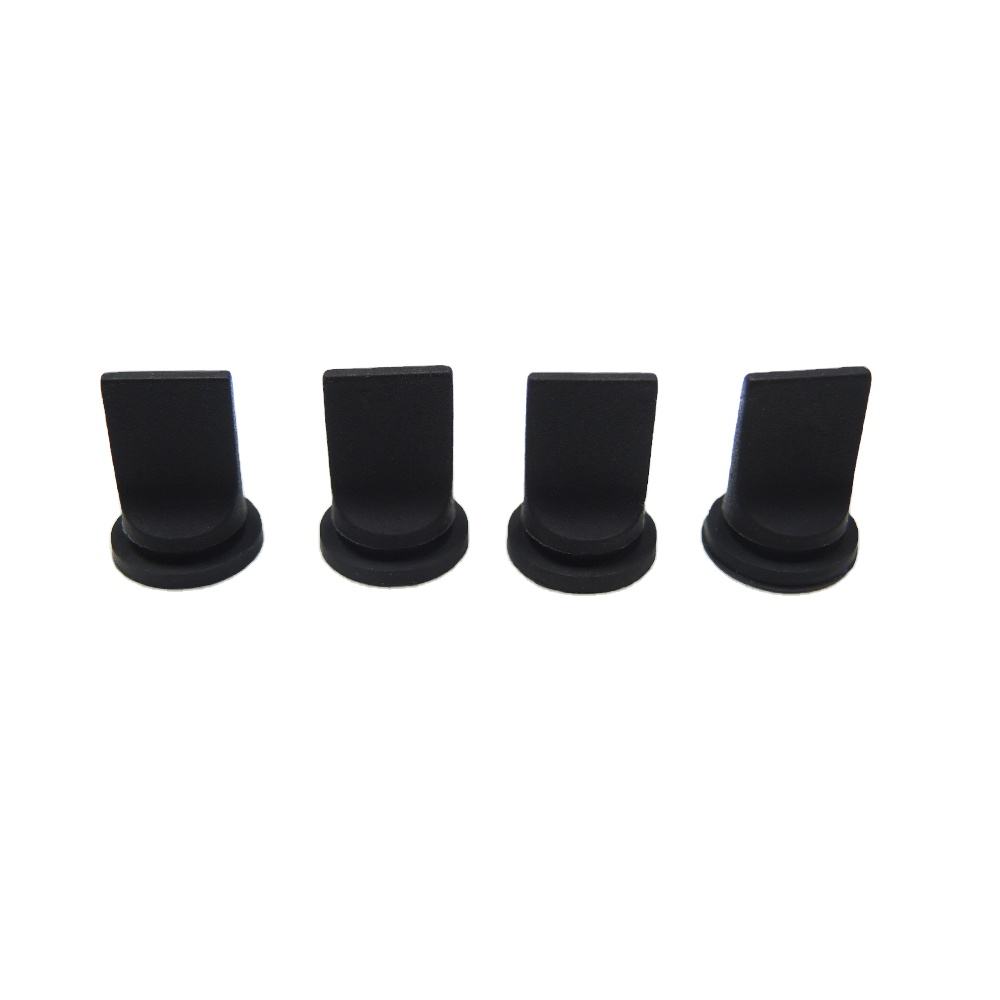Characteristics of Sealing Rings and Strips
Sealing rings and strips are characterized by their flexibility, durability, and resistance to a wide range of temperatures and chemicals. They are typically made from elastomeric materials that can compress and recover, maintaining a tight seal even under varying pressures and temperatures.
Materials We Offer
We provide a variety of materials to suit different applications:
- NBR (Nitrile Butadiene Rubber): Known for its excellent resistance to oils, fuels, and other petroleum-based products. It is also resistant to abrasion and tearing, making it suitable for automotive and industrial applications.
- Viton (Fluoroelastomer): Offers exceptional resistance to high temperatures, chemicals, and oils. It is ideal for use in harsh environments such as aerospace and chemical processing industries.
- Silicone: Exhibits great flexibility and resistance to extreme temperatures, both high and low. It is also biocompatible, making it suitable for medical and food-grade applications.
- EPDM (Ethylene Propylene Diene Monomer): Provides excellent resistance to weathering, ozone, and water. It is commonly used in outdoor applications and for sealing in HVAC systems.
- PTFE (Polytetrafluoroethylene): Known for its non-stick properties and exceptional chemical resistance. It is used in applications where low friction and high purity are required.
Material Recommendation
We recommend the most suitable material based on the specific requirements of your application, considering factors such as temperature range, chemical exposure, and mechanical stress.
Applications of Sealing Rings and Strips
Sealing rings and strips are used in a myriad of applications, including but not limited to:
- Automotive engines and transmissions
- Hydraulic and pneumatic systems
- Plumbing and piping systems
- Electrical enclosures
- Medical devices
- Food processing equipment
Customization Services
We offer custom sealing solutions tailored to your specific needs. Our services include custom sizing, material selection, and the incorporation of additional features such as adhesive backing or specific color coding.
Maintenance and Care Tips
To ensure the longevity and effectiveness of your sealing rings and strips, follow these maintenance tips:
- Regular Inspection: Check for signs of wear, cracking, or deformation.
- Proper Installation: Ensure that the seals are correctly installed to avoid unnecessary stress or damage.
- Cleanliness: Keep the sealing surfaces clean to prevent contamination that could compromise the seal.
- Storage: Store seals in a cool, dry place away from direct sunlight and ozone-generating equipment.
- Replacement: Replace seals as recommended by the manufacturer or when signs of failure are evident.
By understanding the properties and proper care of rubber sealing rings and strips, you can ensure optimal performance and longevity for your sealing applications.





